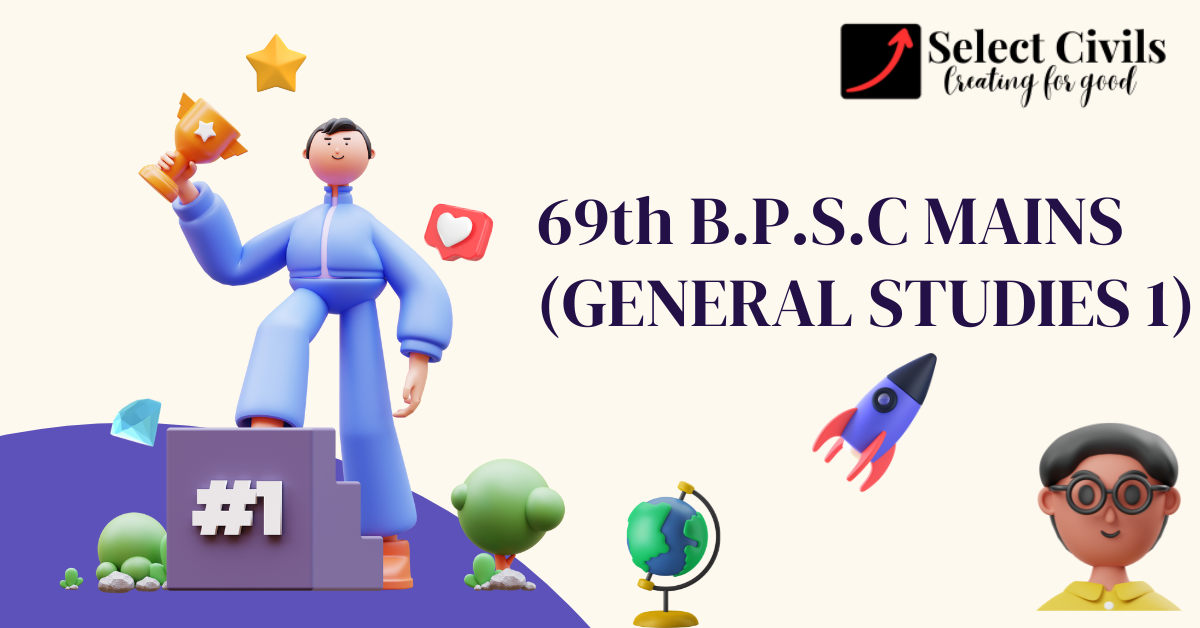Q5(b): How does India’s leadership within the G-20 reflect its commitment to upholding the ancient philosophy of ‘Vasudhaiva Kutumbakam’ (the world is one family)? Examine the ways in which India’s approach aligns with thisphilosophy and contributes to goal cooperation and development through its role in G-20.
India’s leadership role in the G-20 reflects its commitment to the ancient philosophy of ‘Vasudhaiva Kutumbakam,’ which translates to ‘the world is one family.’ This philosophy, rooted in Indian culture and scriptures, emphasizes global unity, mutual respect, and collective well-being. As the world faces unprecedented challenges like climate change, economic inequality, and global health crises, India’s approach within the G-20 demonstrates its dedication to fostering international cooperation and sustainable development.
Commitment to ‘Vasudhaiva Kutumbakam’
India’s engagement with the G-20 is guided by the principles of inclusivity, sustainability, and shared prosperity. This commitment is evident in various initiatives and stances taken by India on the global stage.
1. Promotion of Inclusive Growth
India advocates for inclusive economic growth that benefits all sections of society. This aligns with the idea of ‘Vasudhaiva Kutumbakam’ by ensuring that the benefits of globalization and economic development are distributed equitably.
- Initiatives: India has pushed for policies within the G-20 that address income inequality, promote job creation, and support small and medium-sized enterprises (SMEs). For instance, India’s emphasis on digital financial inclusion aims to bring marginalized communities into the economic mainstream.
- Impact: These efforts help in reducing poverty and bridging the socio-economic gap, fostering a more inclusive global economy.
2. Climate Change and Sustainable Development
India’s approach to climate change and sustainable development is a testament to its commitment to the welfare of the global family. Recognizing that environmental issues transcend national borders, India advocates for collective action to address these challenges.
- Initiatives: India has played a significant role in global climate negotiations, advocating for the interests of developing countries while committing to ambitious renewable energy targets. The International Solar Alliance, initiated by India, aims to promote solar energy globally.
- Impact: By promoting sustainable practices and renewable energy, India contributes to global efforts to combat climate change, ensuring a healthier planet for future generations.
3. Global Health and Well-being
The COVID-19 pandemic underscored the interconnectedness of global health. India’s response to the pandemic, both domestically and internationally, reflects the philosophy of global solidarity.
- Initiatives: India has provided medical supplies, vaccines, and expertise to various countries during the pandemic. The Vaccine Maitri initiative saw India supplying vaccines to over 90 countries, emphasizing the importance of global health security.
- Impact: These actions highlight India’s role as a responsible global player, committed to the health and well-being of the international community.
4. Multilateralism and Global Governance
India’s approach within the G-20 also involves strengthening multilateralism and improving global governance structures to ensure they are more representative and effective.
- Initiatives: India advocates for reforms in international institutions like the United Nations, World Trade Organization, and International Monetary Fund to better reflect the realities of the 21st century.
- Impact: By pushing for a more inclusive and equitable global governance framework, India aims to ensure that all nations, especially developing and underrepresented ones, have a voice in shaping global policies.
5. Technology and Digital Transformation
India emphasizes the transformative potential of technology and digital solutions in addressing global challenges. By promoting digital inclusion and cooperation, India aligns with the concept of a global family.
- Initiatives: India’s Digital India campaign and its focus on digital public infrastructure, such as the Unified Payments Interface (UPI) and Aadhaar, demonstrate the potential of technology to enhance governance and service delivery.
- Impact: Sharing these technological solutions with other countries helps promote digital inclusivity and empowers nations to leverage technology for development.
6. Humanitarian Assistance and Disaster Relief
India’s proactive stance on humanitarian assistance and disaster relief further embodies the spirit of ‘Vasudhaiva Kutumbakam.’
- Initiatives: India has consistently provided aid and assistance to countries affected by natural disasters and humanitarian crises. For example, India’s rapid response to the earthquake in Nepal and its support to cyclone-hit Mozambique showcase its commitment to global solidarity.
- Impact: Such efforts reinforce India’s image as a benevolent and responsible global actor, willing to extend a helping hand to those in need.
7. Cultural Diplomacy and Soft Power
India leverages its rich cultural heritage to foster international goodwill and understanding, reinforcing the idea of a global family.
- Initiatives: Through initiatives like the International Day of Yoga, cultural exchanges, and the promotion of Indian arts and literature, India spreads its message of peace, harmony, and mutual respect.
- Impact: Cultural diplomacy helps build bridges between nations, fostering a sense of global unity and shared cultural heritage.
Conclusion
India’s leadership within the G-20, guided by the philosophy of ‘Vasudhaiva Kutumbakam,’ underscores its commitment to global unity, inclusivity, and sustainable development. Through its various initiatives and stances on critical global issues, India strives to create a more equitable and harmonious world.
By promoting inclusive growth, addressing climate change, enhancing global health, strengthening multilateralism, leveraging technology, providing humanitarian assistance, and fostering cultural diplomacy, India exemplifies the principles of ‘the world is one family.’ This holistic approach not only addresses immediate global challenges but also lays the foundation for long-term peace and prosperity.
In an increasingly interconnected world, India’s commitment to ‘Vasudhaiva Kutumbakam’ within the G-20 framework serves as a beacon of hope and a model for other nations to follow, highlighting the enduring relevance of ancient wisdom in contemporary global governance.







